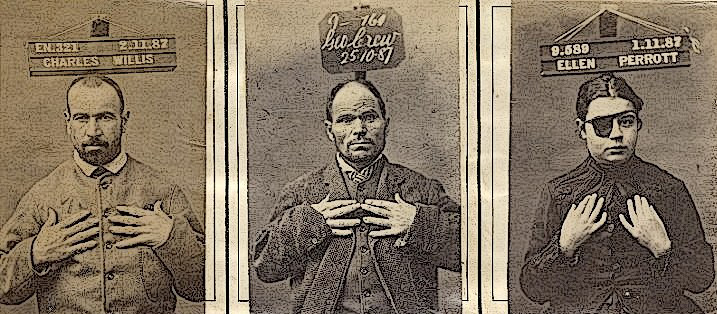
My father used to say “life can be good.” A cautious man, he was wise enough not to categorically state “life is good.” He knew, and the fact is, life can be difficult.
Life’s difficulties are both natural and unnatural. Our natural difficulties arise from natural causes; illness, aging, weather events, spoiled food, falling tree limbs…in short, all the natural injuries that flesh is heir to. Our unnatural difficulties are the product of human society: auto accidents, computer hacking, delayed flights, clam-shell packaging, counterfeit drugs, auto-pollution and floating islands of plastic in the Pacific…and, of course, difficult people.
Difficult people have been around a long time; I suspect a small clan of early-human cave-dwellers, scratching out a subsistence existence by digging roots and eating squirrels, included the standard variety of difficult people. I find some comfort in thinking that the likes of The Donald have always been with us, along with all the other varieties of The Difficult.
Evidence indicates this is the case. The Ancient Greek philosopher Theophrastus (381-287 BC) was intrigued enough to create a descriptive list of character types of difficult people, such as: The Flatterer, The Boor, The Reckless, The Chatty, The Penurious, the Gross, The Shameless, The Officious, The Braggart, and so forth. With reference to The Reckless, for example, Theophrastus notes:
“The Reckless man is one who will lightly take an oath…in character a coarse fellow, defiant of decency, ready to do anything…And he would seem, too, to be one of these persons who collect and call crowds about them, ranting in a loud cracked voice and haranguing them…and the time which he chooses for parading his recklessness is always when there is some public gathering….”
Now that sounds all too familiar in this election year, does it not? In the mid-17th Century, La Bruyere, a French philosopher and critic of the regime of Louis XIV, also compiled a descriptive list of character traits of The Difficult. In his book “Characters” he devotes 750 pages describing them, and ultimately included virtually every segment of society. For example:
“We meet with persons who, in their conversation, or in the little intercourse we have with them, disgust us with their ridiculous expressions…In their conversation they neither follow reason nor custom, but only their own eccentricity…they accompany this extraordinary language by affected gesticulations and a conceited kind of pronunciation. They are all highly delighted with themselves, and with their pleasant wit, of which, indeed, they are not entirely destitute; but we pity them for the little they have, and, what is worse, we suffer through it.”
A strong argument may be made that people are a natural, not an unnatural, cause of difficulty; just as the temperament of kittens varies, so too does the character of people. If this is so, perhaps the best way to cope with The Difficult is to regard them as natural phenomena which come and go, like the weather; some are dark and stormy, others hot and glaring, yet in time, all pass.
Along these lines, I recall my late father-in-law with affection, a difficult man renowned for his threatening bouts of moodiness and thunderous temper. When asked how he was doing, however, he too displayed the wisdom of his generation. “Fair to partly cloudy,” he would reply.